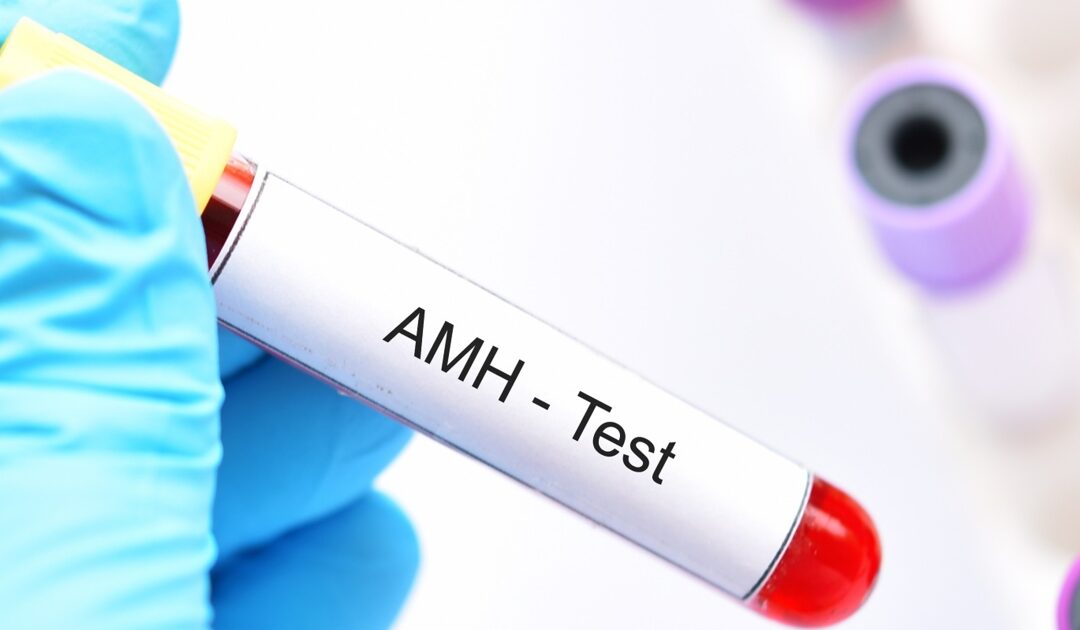Navigating fertility challenges can be a complex journey, and understanding the symptoms of low Anti-Mullerian Hormone (AMH) levels and a diminished egg reserve is crucial for early intervention and effective management. Let’s explore the top 10 symptoms that may indicate low AMH count and a diminished egg reserve, shedding light on these significant aspects of reproductive health.
1.Irregular Menstrual Cycles : Women with low AMH and a diminished egg reserve may experience irregular menstrual cycles. Changes in cycle length or missed periods can be indicative of hormonal imbalances affecting ovulation.
2. Difficulty Conceiving : One of the primary symptoms is difficulty conceiving. Couples trying to conceive for an extended period without success may consider seeking fertility evaluations, including AMH testing.
3.Decreased Ovulation Signs : Observing a decrease in signs of ovulation, such as changes in cervical mucus consistency and basal body temperature, may signal compromised egg quality and quantity.
4. Low Antral Follicle Count : Low AMH is often associated with a low antral follicle count, indicating a reduced number of follicles in the ovaries. This is typically assessed through transvaginal ultrasound.
5. Elevated FSH Levels : An elevated Follicle-Stimulating Hormone (FSH) level is another indicator of diminished ovarian reserve. High FSH levels may suggest the ovaries are working harder to stimulate egg production.
6.Early Onset of Menopause Symptoms : Experiencing symptoms associated with early menopause, such as hot flashes and mood swings, could be an indication of low AMH and reduced egg reserve.
7.History of Poor Ovarian Response : If a woman has previously undergone fertility treatments with a poor response, it could be a sign of low AMH and diminished egg reserve.
8. Age-related Fertility Challenges : Advanced maternal age is a key factor in declining fertility, and women over 35 may experience symptoms related to low AMH and decreased egg reserve.
9.Unexplained Infertility : When couples face unexplained infertility despite regular ovulation and no apparent reproductive issues, low AMH and diminished egg reserve may be contributing factors.
10. History of Reproductive Disorders : A history of reproductive disorders such as endometriosis may increase the likelihood of having low AMH levels and compromised egg reserve.
Understanding these symptoms is instrumental in seeking timely fertility assessments and interventions. If you suspect low AMH or diminished egg reserve based on these symptoms, consulting with a fertility specialist can provide valuable insights and guide appropriate interventions to optimize your reproductive health.
For individuals grappling with low Anti-Mullerian Hormone (AMH) levels and fertility-related issues, seeking guidance from a trusted and experienced fertility specialist is paramount. MotherToBe, under the leadership of the esteemed Dr. S. Vyjayanthi, stands as a beacon of expertise and compassion in the field of reproductive medicine.
Contact for Low AMH and Fertility Guidance:
Dr. S. Vyjayanthi, a distinguished Fertility Specialist in India, brings a wealth of qualifications, including MD, DGO, DNB, MRCOG, MSC (Embryology UK), and CCT (UK). As a Subspecialist in Reproductive Medicine & Surgery recognized by the Royal College of Obstetricians and Gynaecologists (RCOG), UK, she leads as the Director and Fertility Specialist at MotherToBe. Additionally, Dr. Vyjayanthi serves as the Head of the Department & Consultant Fertility Specialist at KIMS, Secunderabad.
To address concerns related to low AMH and receive personalized guidance for fertility challenges, contacting MotherToBe ensures access to the finest care. Dr. Vyjayanthi’s commitment to advancing reproductive medicine and providing tailored solutions makes MotherToBe a trusted destination for individuals and couples on their journey to parenthood.

